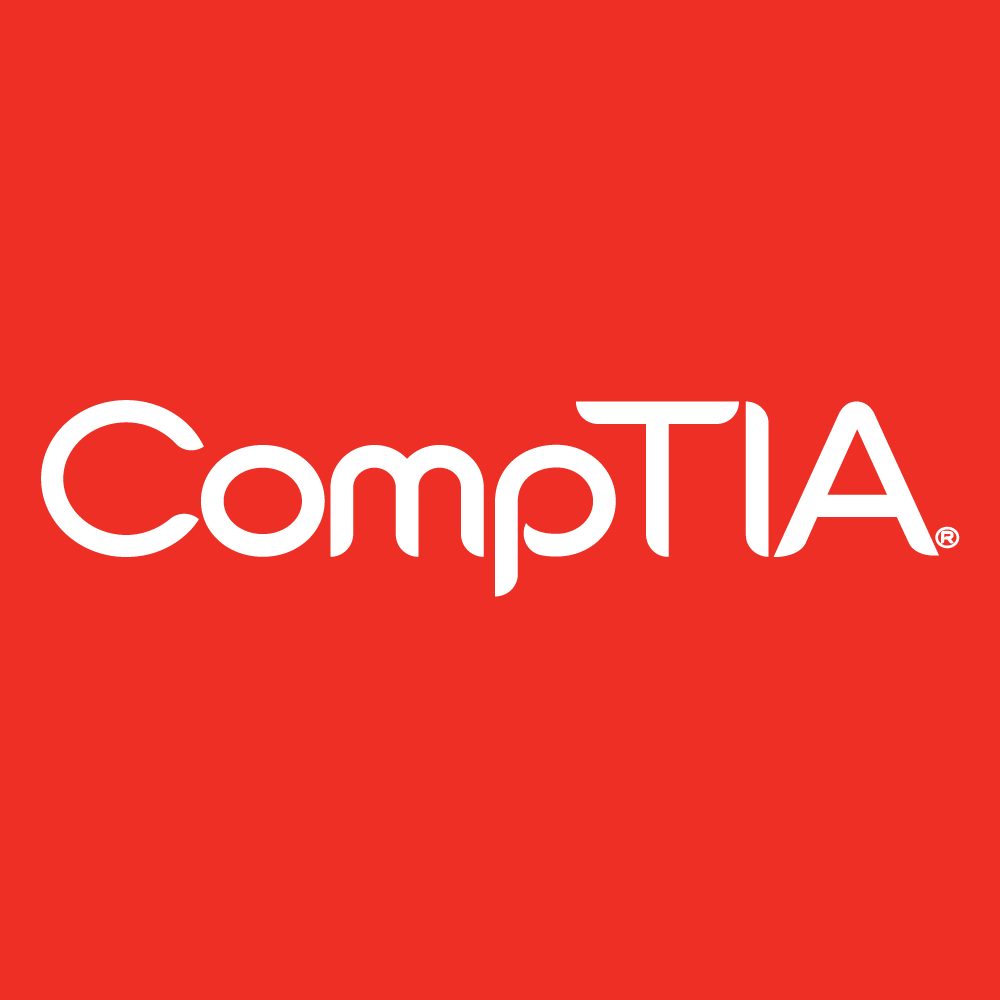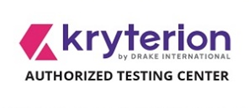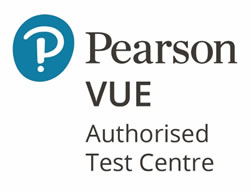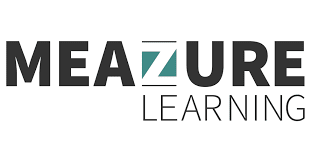- Home
- IT TRAINING
- CERTPREP ONLINE TRAINING
- COURSE LIST & DATES
- COURSES AVAILABLE
- EXAM RESULTS 2023
- Microsoft Office 365 courses
- ENVIRONMENTAL REPORT
- WESTON COLLEGE BUSINESS AWARDS
- SOMERSET EDUCATION BUSINESS PARTNERSHIP AWARD
- TRAINING SERVICES
- ADOBE EXAMS
- MICROSOFT EXAM REPLAY OFFER
- MICROSOFT OFFICE SPECIALIST TRAINING
- MICROSOFT PRACTICE TESTS
- AWS PRACTICE TESTS
- CISCO PRACTICE TESTS
- EXAMS
- Free & Discounted Exams
- HOW TO GET CERTIFIED
- EXAM BOOKING IN PROCESS
- DISABILITY SUPPORT
- MOST POPULAR EXAMS
- BOOK MICROSOFT OFFICE SPECIALIST EXAM
- NCFE EXAMS
- CERTIFICATION BUNDLES
- CISCO CCNA EXAM BUNDLE
- COMPTIA A+ EXAM BUNDLE
- COMPTIA SECURITY+ BUNDLE
- COMPTIA NETWORK+ BUNDLE
- GETTING STARTED IN IT
Number of Exams Delivered:
| 2024 | 827 |
|---|---|
2014-24 |
9,291 |
Exam Centre Status: |
|---|
Number of Students Trained:
2014-24 |
1,543 |
Getting Started | IT Technicians
Interested in Online Learning? Click here to learn more.
These are some of the most popular options available to start with:
Entry Level Certification for Advanced PC Users, Employees working in the IT industry (non-technical)
| Description | Objectives | Number of Exams to Achieve Certification |
 CompTIA IT Fundamentals CompTIA IT Fundamentals |
The exam will certify that the successful candidate has the knowledge and skills required to identify and explain the basics of computing, IT infrastructure, application and software, software development, database fundamentals and security. In addition, candidates will have the ability to demonstrate their knowledge to:
maintenance of devices |
Hands-on Skills - Supporting PCs & Windows Desktop
| Description | Objectives | Number of Exams to Achieve Certification |
| CompTIA A+ Core Series is a Vendor Neutral Industry Standard for Launching IT Careers into today's Digital World (No Pre-requisite knowledge required to attend) |
Demonstrate baseline security skills for IT support professionals.
Configure device operating systems, including Windows, Mac, Linux, Chrome OS, Android and iOS and administer client-based as well as cloud-based (SaaS) software. Troubleshoot and problem solve core service and support challenges while applying best practices for documentation, change management, and scripting. Support basic IT infrastructure and networking & Configure and support PC, mobile and IoT device hardware. Implement basic data backup and recovery methods and apply data storage and management best practices |
Two - (220-1001) & (220-1002) |
CertPREP Courseware: Device Configuration and Management (ITS)
Hands-on Skills - Networking PC's
| Description | Objectives | Number of Exams to Achieve Certification |
| CompTIA Network+ (Pre-requisite knowledge: CompTIA A+ or a minimum of 9 months networking experience recommended). |
Design and implement functional networks.
Configure, manage, and maintain essential network devices. Use devices such as switches and routers to segment network traffic and create resilient networks. Identify benefits and drawbacks of existing network configurations. Implement network security, standards, and protocols. Troubleshoot network problems. Support the creation of virtualized networks. |
|
| Cisco Network Devices CCNA
(Pre-requisite knowledge: Good understanding of Network Fundamentals). |
Network Fundamentals (20%)
Network Access (20%) IP Connectivity (25%) IP Services (10%) Security Fundimentals (15%) Automation and Programmability (10%) |
|
CertPREP Courseware: Networking (ITS)
Hands-on Skills - Security
| Description | Objectives | Number of Exams to Achieve Certification |
| CompTIA Security+ (Pre-requisite knowledge: Assumes Undersanding of Networking). |
Threats, Attacks & Vulnerabilities
Windows Operating Systems Technologies & Tools Software Troubleshooting Architecture & Design Networking Identity & Access Management Hardware & Network Troubleshooting Risk Management Security Cryptography & PKI |
CertPREP Courseware: Networking Security (ITS)
Hands-on Skills - Cloud
| Description | Objectives | Number of Exams to Achieve Certification |
| CompTIA Cloud+ | Configuration and Deployment (24%)
Security (16%) Maintenance (18%) Management (20%) Troubleshooting (22%) |
One - (CV0-002) |
CertPREP Courseware: Cloud Computing (ITS)
CertPREP Courseware: Artificial Intelligence (ITS)
CertPREP Courseware: Computational Thinking (ITS)
CertPREP Courseware: Data Bases (ITS)
CertPREP Courseware: HTML5 Application Development (ITS)
CertPREP Courseware: HTML and CSS (ITS)
CertPREP Courseware: JavaScript (ITS)
CertPREP Courseware: Java (ITS)
CertPREP Courseware: Python (ITS)
CertPREP Courseware: Software Development (ITS)
Theory Based Skills:
ITIL






